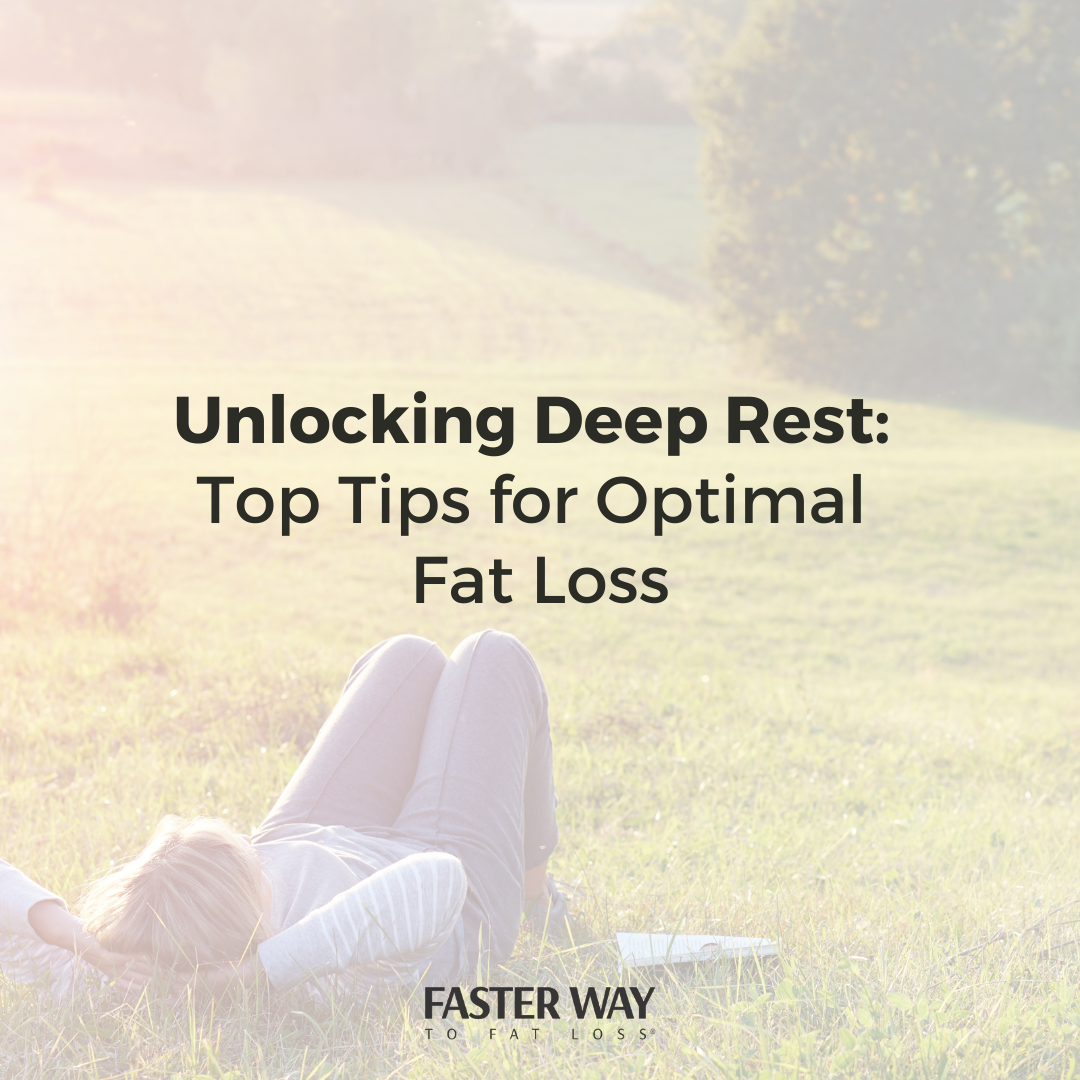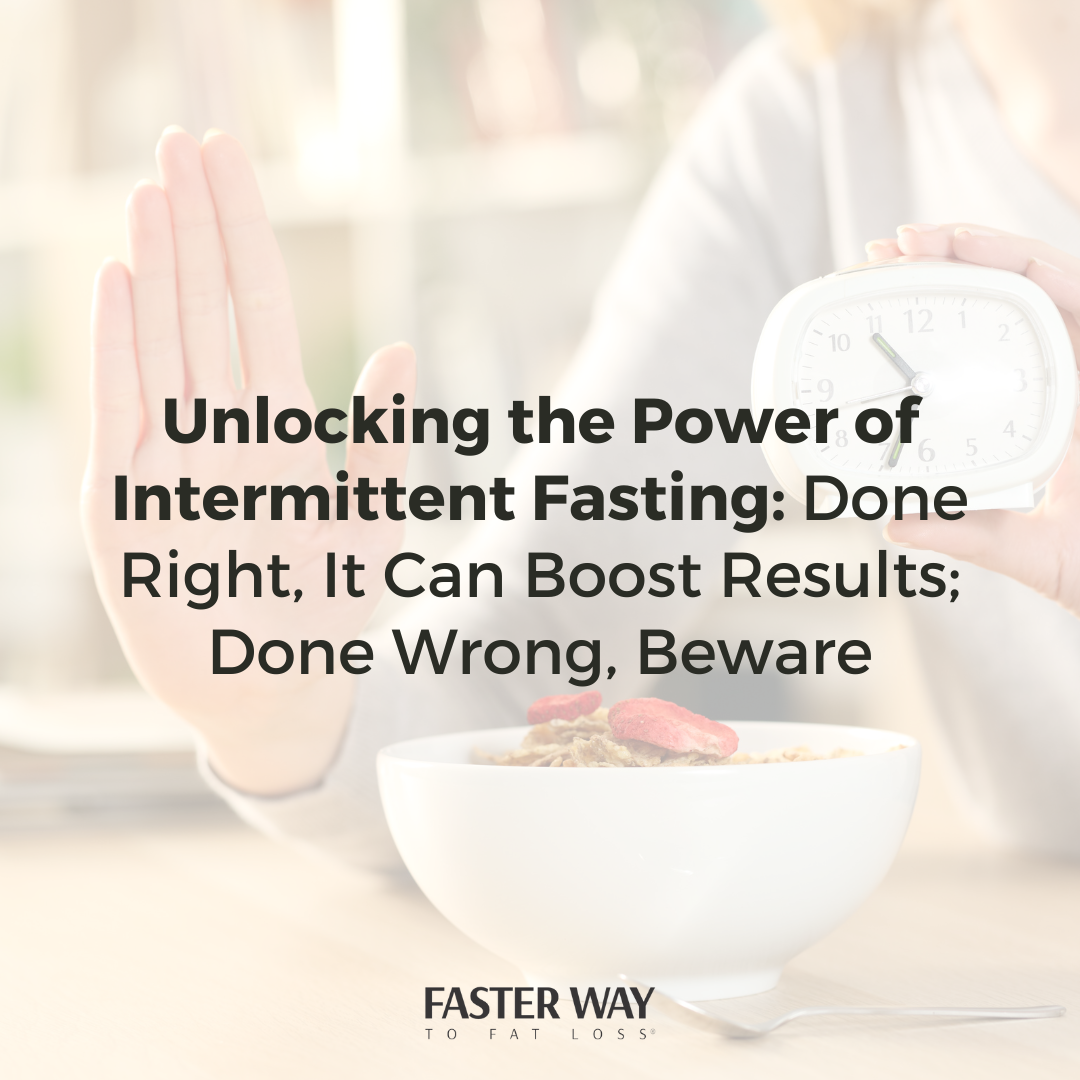There’s a lot of debate over which is better: fresh or frozen fruits and veggies? There are compelling arguments on both sides, so we’re here to demystify this subject! Let’s dive in -- is fresh produce better than frozen?
June is National Fresh Fruits and Vegetables Month and we’re excited to shine the spotlight on these nutrient-dense whole-food heroes! But the question remains, which is better -- fresh or frozen fruits and vegetables?
According to FASTer Way Registered Dietitian Kareen Turner, they’re equally nutritious and good for you! There are, however, a few things to keep in mind to get the most bang for your nutrition buck.
FRESH FRUITS AND VEGETABLES
FIRST, keep in mind that fresh fruits and veggies should be consumed soon after purchasing them. The longer they’ve been away from the ground, the more depleted the nutrients become. Remember, they need to be packaged, labeled, and shipped to your grocery store or market—it could be days (and hundreds of miles) before they even hit the shelves!
If it’s possible, buy your produce two or three times each week in order to get it as fresh as possible! If that doesn’t fit with your lifestyle, consider buying frozen (where it makes sense)!
FROZEN FRUITS AND VEGETABLES
SECOND, frozen fruits and vegetables are generally flash-frozen very close to where they are harvested, which means they’re processed at the peak of nutrition. That nutrition is passed onto YOU! Just be sure to follow the package directions for preparing your frozen foods.
If you don’t like to make frequent trips to the store, frozen foods can extend the time between shopping trips.
KNOW YOUR EATING PATTERNS
THIRD, pay attention to HOW you eat. Frozen spinach may sound convenient, but it’s pretty tough to make a salad with it. Take a look at your eating patterns and what makes sense for your lifestyle! If you love to make smoothies, then frozen raspberries are perfect, but if you like to snack on them, fresh is usually best.
GO ORGANIC — WHEN YOU CAN
LAST, whether you’re purchasing fresh or frozen, go organic as much as possible. It’s more expensive to shop organic, but it’s easy to stay budget-conscious when you stick to the “dirty dozen” and “clean fifteen” lists provided by EWG every year.
The 2020 “Dirty Dozen” list includes:
The 2020 “Clean Fifteen” list includes:
Sweet peas (frozen)
Whole foods are the foundation of a healthy lifestyle and we LOVE teaching our clients how to easily incorporate them into daily life. If you need some help figuring it out, then jump into our next round of the FASTer Way to Fat Loss! We’re starting soon and we can’t wait to watch you THRIVE in a healthy lifestyle that helps you lose weight, increase your energy, and feel AMAZING every day.
ITEMS YOU MIGHT LIKE:
FASTer Way Mini Resistance Bands
FASTer Way Yoga Mat













